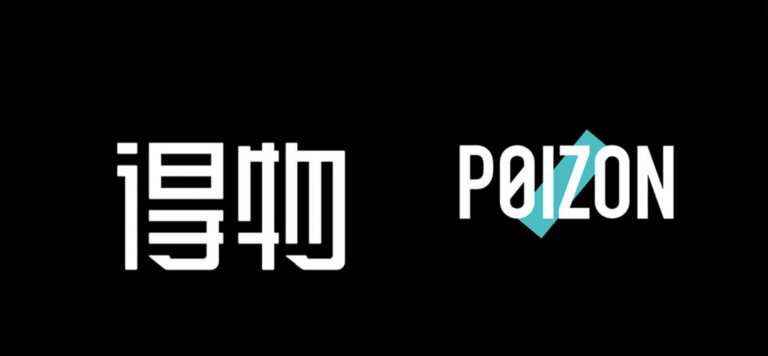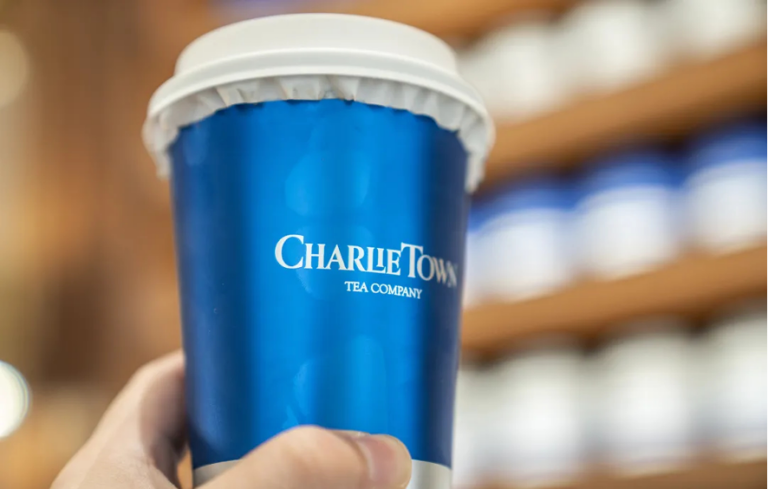In recent weeks, the hashtag #Is MBTI reliable?# has become a trending topic on Chinese social media, predominantly on Weibo and Xiaohongshu, triggering almost 50 million views and discussions from Weibo netizens.
What is MBTI?
The full name of MBTI is Myers-Briggs Type Indicator – a test developed to identify a person’s personality type based on four categories: E (extroversion) VS I (introversion); S (sensing) VS I (intuition); T (Thinking) VS F (feeling); and J (Judging) VS P (perceiving). Based on their results, participants will be divided into 16 personality types; each provides insight into one’s strengths and weaknesses, and offers suggestions for one’s life, career, as well as relationships.
Prior to the current trend in China, MBTI is most often used by organizations and HRs to assess job applicants and employees, especially by consulting firms such as Bain&Co and Deloitte since they are service-oriented and team-collaborative corporations. The MBTI guides firms with human resource management and team building, by understanding the most suitable role for each individual.
How did MBTI become popular in China?
In early April, Eileen Gu, in an interview with GQ magazine, told the host that her personality is INTJ. As a much-embraced celebrity in China, her response led to a lot of discussions online. Curious netizens started doing the test and many revealed their MBTI on social platforms. As a result, MBTI quickly grew to become the “code”, especially among younger generations to identify with each other.
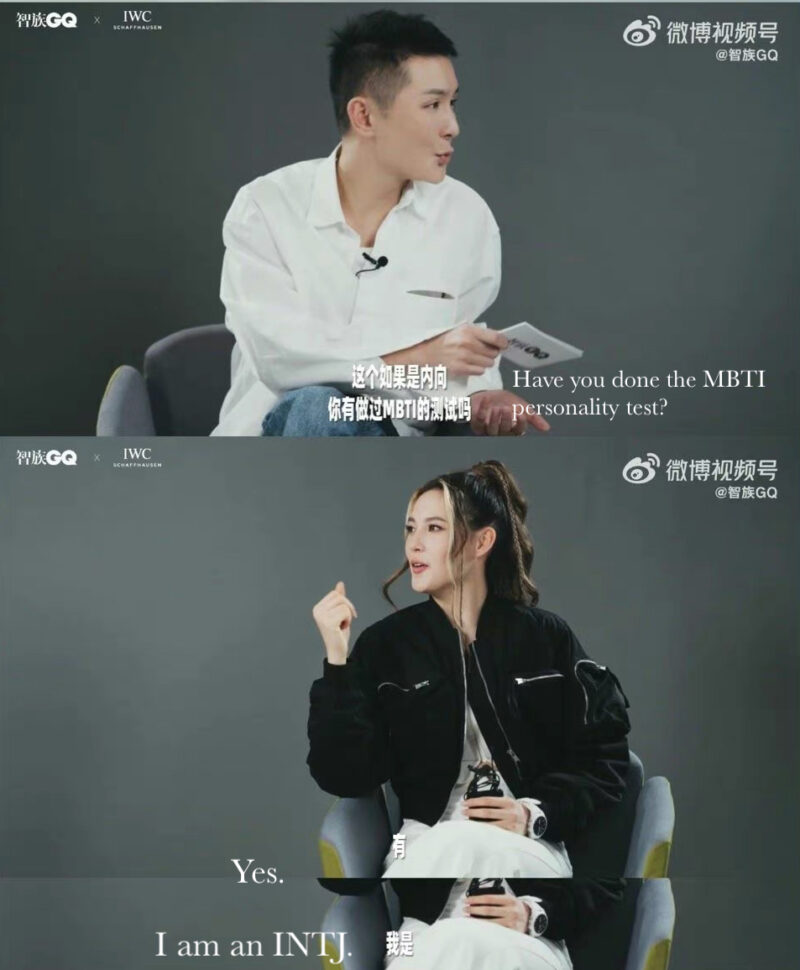
Moreover, Chinese netizens treat MBTI as guidance for their life and relationship. On Xiaohongshu, many posted content like “the best MBTI couples”, “MBTI reactions in social events”, and even outfits inspired by different MBTI personalities.
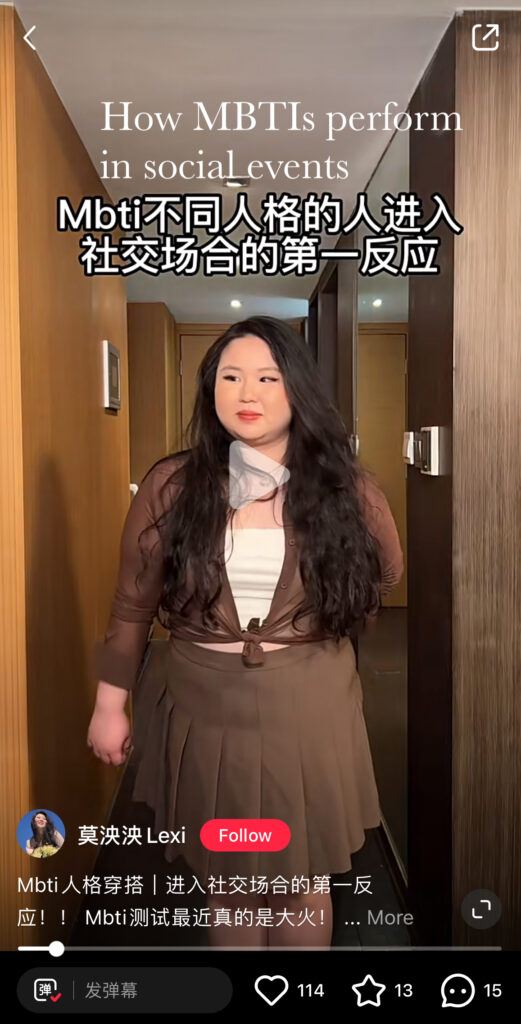
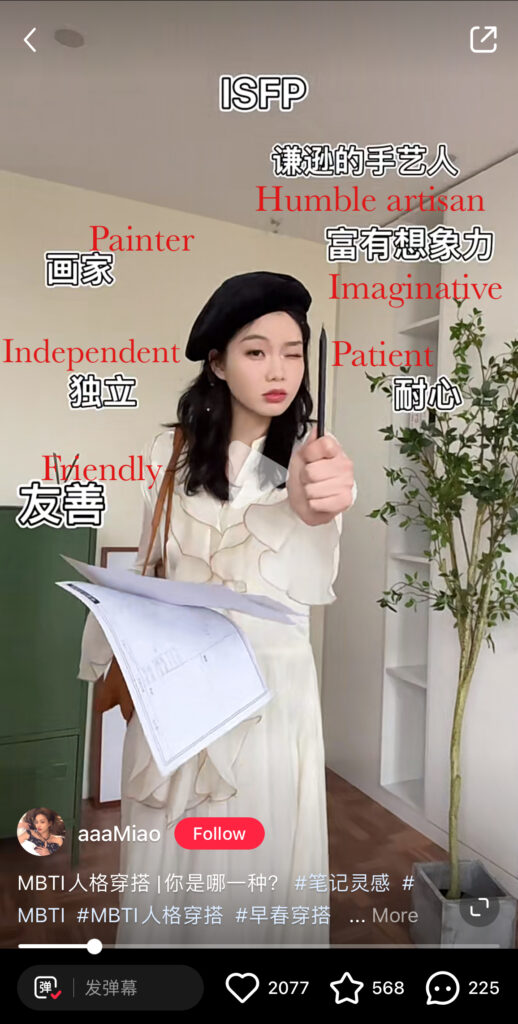
Notably, businesses also ride on the trend to promote themselves. For instance, a bag-authentication platform seeks to promote its service by posting “what bags fit best with the MBTI personalities and how to authenticate them”. Many platforms also provide paid MBTI tests to users – although the authentic test can be accessed freely, which leads to some criticisms.
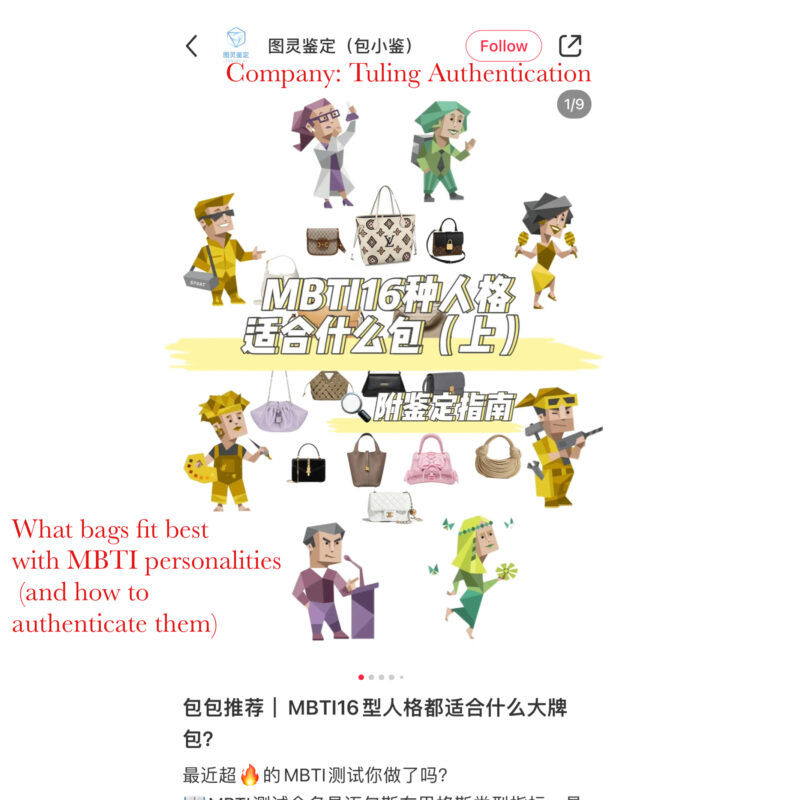
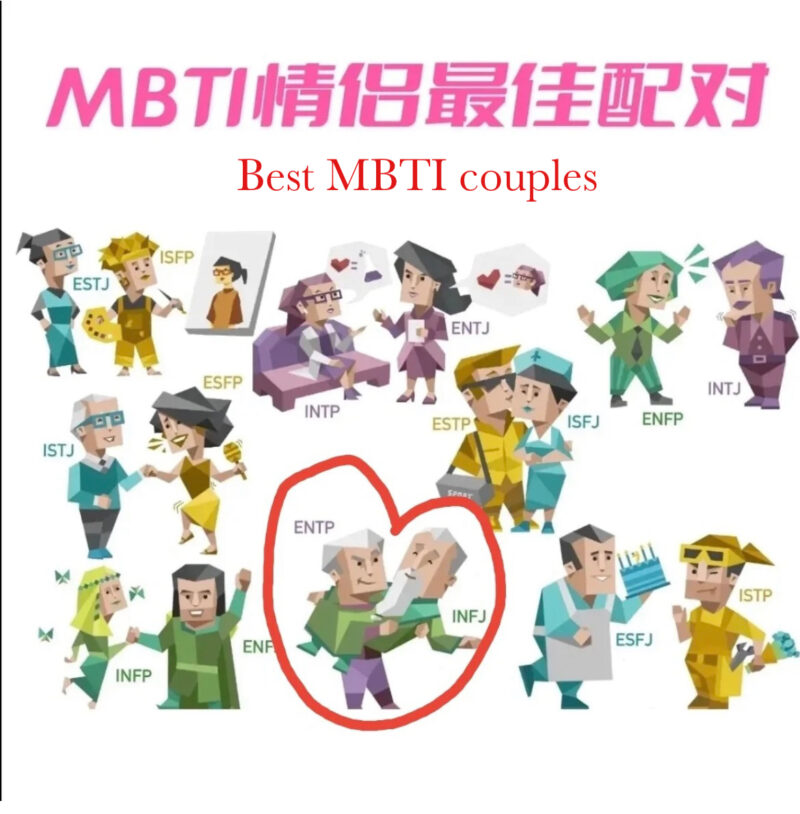
What are Chinese netizens saying about MBTI?
While MBTI becomes increasingly popular, many netizens argue that the test promotes stereotypical views of individuals by labeling others and shouldn’t be taken too seriously. While many adopt the test, they do not entirely trust it.
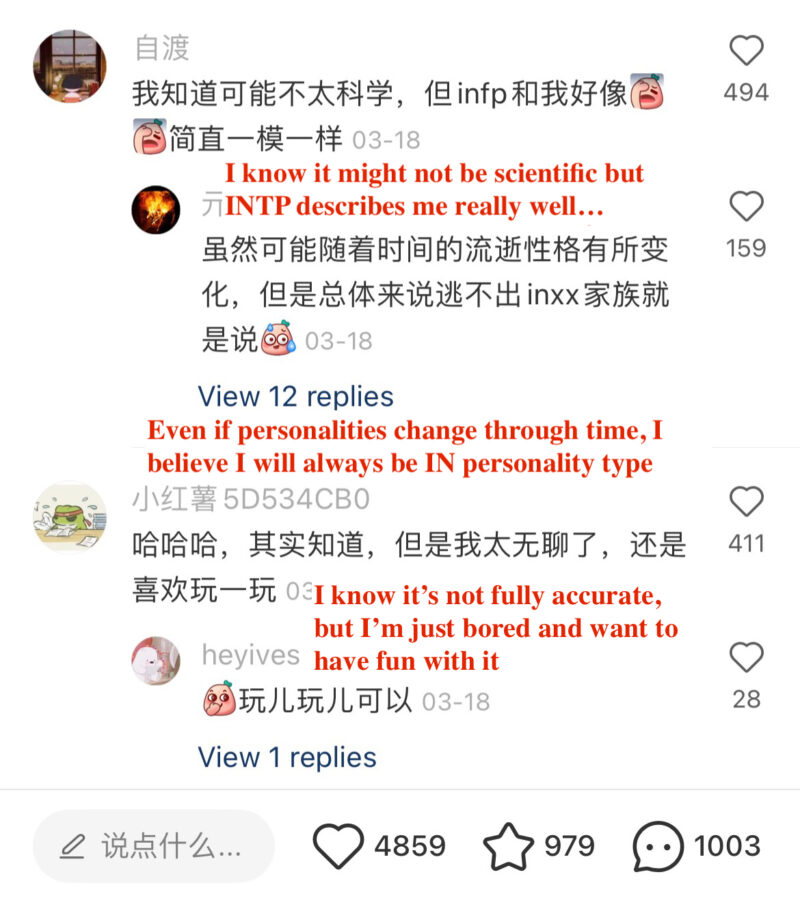
Thus, the MBTI test is more of an identifier for online conversations and entertainment; a trend that netizens feel the need to keep up with. However, curiosity about oneself will still promote the trend in the short term, leading to a lot of content generation and discussions online.
Key takeaway on the MBTI personality test in China:
- MBTI personality test became popular in China due to celebrity embracement and is widely tested by individuals to identify with each other to participate in online discussions about self-identities.
- Many businesses in China take on the ride of the trend by creating MBTI-related content to increase their exposure and promote their services. If creatively done, these campaigns can be successful due to netizens’ wide identification with the MBTI personality test.
- Netizens usually do not trust the MBTI personality test entirely, but the social trend pushes them to learn information about it. It has become a way of social communication by allowing people to know more about each other easily and quickly.



